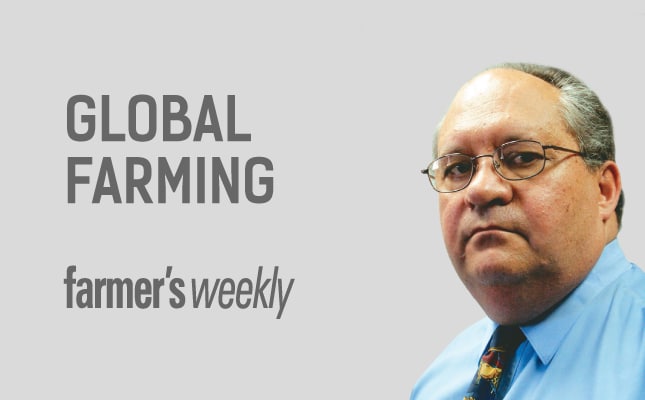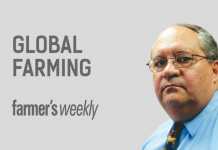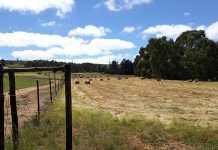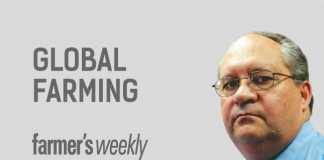
One in four people in sub-Saharan Africa (SSA) does not have enough food. According to a 2013 Human Sciences Research Council report, 26% of SA households experience hunger. ‘Food security’ became a buzzword in 2008 when countries realised that, while they might be able to afford food imports, the food might not be available on the open market.
READ:Red locusts a threat in Zambia, Zimbabwe
Ensuring food security
At the time, the Food and Agriculture Organisation (FAO) identified more than 30 measures instituted by countries to ensure that their own food security was not compromised by excess exports. According to the FAO, food security depends on food availability and the stability of production over time, as well as on ensuring physical access to food.
While subsistence agriculture can help to alleviate food shortage in rural areas, focusing on this type of farming will leave the large urban populations without local food supplies. The success reported with small-scale livestock schemes in Asian countries should not convince SSA policy makers that the same will happen here.
The only real way to increase food production is through modern intensive farming methods. Precision farming and plant and animal biotechnology achieve higher yields on smaller areas. Countries such as Australia and the USA are constantly looking at ways to improve the efficiency and competitiveness of their agriculture.
In South Africa, by contrast, the authorities prefer to focus on ways to redistribute agricultural assets and change formerly profitable and viable commercial farms into subsistence plots that can only support a small number of beneficiaries.
Constant negativity
At the same time, government’s focus on transformation and its ongoing attempts to reduce farmers’ rights has forced organised agriculture to follow suit and also focus on these negative aspects. As a result, little time is spent exploring ways to improve the competitive position of SA’s commercial farmers.The government is perceived as farmer-unfriendly and the minister frequently seems downright hostile to agriculture.
This, as well as the high cost of doing business in SA, has encouraged an exodus of farmers to other African countries. Currently, these pioneers are achieving mixed results in difficult environments. But the exodus will continue, the infrastructure will improve and we may even end up with a situation where a larger proportion of some agricultural products is produced north of our borders in future.
Better access to income
The logical way to improve access to food is by increasing the income of the population. This means creating jobs. Unfortunately, real job creation depends on entrepreneurs having the confidence to invest in South Africa.
Threats about property rights – especially those of foreigners – do not encourage investment. Without investment
there is no economic growth.
Without economic growth there is no job creation and also no increase in consumers’ income. The SA government has already spent a huge amount on various social grants. A more targeted approach that includes grants to allow the poor to buy food will help to increase access to food.
Implications for farmers
The global food supply and demand situation remains tight. Urbanisation and increased demand for protein food from the growing middle-class is still driving food prices. Demand continues to outpace production for a variety of products. Farmers are in a seller’s market and will probably remain there for the near future. Concentration of production in specific regions – such as New Zealand for dairy products and Kazakhstan for wheat – has resulted in highly volatile international food prices.
This means farmers will have to adjust to large fluctuations in product prices. Price risk will thus increase and farmers will have to use free market tools such as futures markets to hedge against these. Large agribusinesses realise the profitability of primary production and will continue to invest in primary agriculture.
Commercial farmers who are able to survive hard times, while profiting when times are good, face a lucrative future.
Dr Koos Coetzee is an agricultural economist at the MPO. All opinions expressed are his own and don’t reflect MPO policy.



